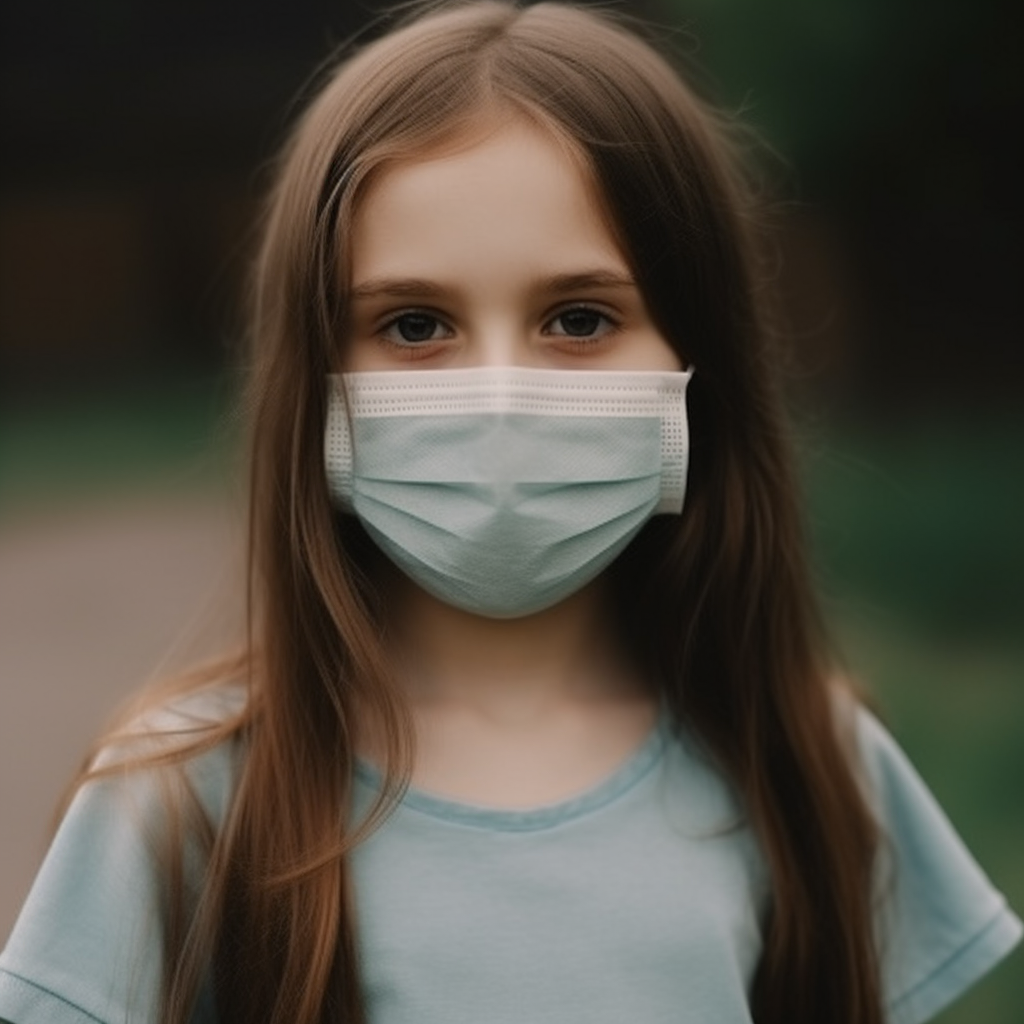July 11, 2023
How Climate Change is Impacting Children’s Health during Pollen Seasons
Book a Demo
Climate change is a pressing issue that affects various aspects of our lives, including our health. While the consequences of climate change are vast, it is crucial to recognize its impact on children’s health. In recent years, researchers have increasingly focused on understanding how climate change is influencing children’s well-being, particularly during pollen seasons.
Pollen seasons have been observed to be longer and more intense due to climate change. This has significant implications for children, as it limits their outdoor activities and social interactions. Children are often advised to stay indoors during peak pollen seasons to avoid exposure to allergens, causing them to miss out on the joys of playing outside and engaging with their peers.
Furthermore, climate change has led to an increase in wildfires and smoke pollution, which directly affects children’s health and well-being. The fear of being outdoors and the need to stay indoors to protect themselves from smoke inhalation have become a reality for many children living in affected areas. This not only restricts their physical activity but also has psychological implications, as they may develop anxiety or fear related to being outside.
Fine particulate matter, another consequence of climate change, is generated through agricultural burns and dust plumes. These particles contribute to respiratory issues and make children more susceptible to asthma. The inhalation of these pollutants can lead to long-term health problems and hinder children’s overall quality of life.
Children are particularly vulnerable to heat illness as they struggle to regulate their body temperature efficiently. With rising global temperatures, extreme heat events have become more frequent and intense. It is now crucial for parents and caregivers to take measures to protect children from heat-related illnesses. This includes ensuring they stay hydrated, dress appropriately, and avoid prolonged exposure to the sun during peak heat hours.
In addition to these direct impacts, climate change exacerbates allergy symptoms for individuals sensitive to pollen. Prolonged and intensified pollen seasons aggravate allergies, making it more challenging for children to cope with their symptoms. Sneezing, itchy eyes, and a runny nose can significantly impact their daily lives, affecting their concentration and overall well-being.
The production of more allergenic pollen is influenced by rising temperatures and increased carbon dioxide levels, both consequences of climate change. These factors contribute to the worsening of allergies, making it even more difficult for children to manage their symptoms during pollen seasons.
Moreover, climate change promotes the growth of mold, a common trigger for allergic reactions and asthma attacks. Extreme weather events, such as heavy rainfall and flooding, can spread mold spores, creating a further risk for children with respiratory conditions. Mold-related health issues can be particularly challenging to manage for families living in areas prone to extreme weather events.
Climate change has a profound impact on children’s health, particularly during pollen seasons. Longer and more intense pollen seasons limit outdoor activities and social interactions for children. Wildfires and smoke pollution make them fear being outdoors and stay indoors. Fine particulate matter from agricultural burns and dust plumes increase respiratory issues and asthma susceptibility. Children’s vulnerability to heat illness and difficulty regulating body temperature make it crucial for parents to protect them from extreme heat. Rising temperatures and increased carbon dioxide contribute to the production of more allergenic pollen, aggravating allergies. Climate change also promotes mold growth, triggering allergic reactions and asthma attacks, which can be further spread by extreme weather events. It is vital for society to address climate change urgently to protect the health and well-being of future generations.



